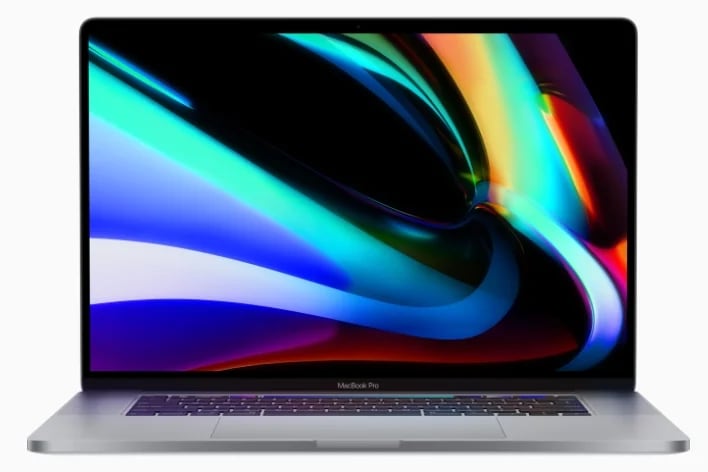Redesigned MacBook Pros With Apple Silicon And Mini-LED Displays Rumored For 2021

As we saw last month, Apple released three new Macs -- the MacBook Air, 13-inch MacBook Pro, and Mac mini -- all using the M1 SoC. They all deliver significant improvements in performance over their Intel predecessors while nearly doubling battery life (for the laptops). The one downside to the M1 madness is that Apple didn't redesign the exterior of any of the new Macs.
That will change next year according to a new research note from famed Apple analyst Ming-Chi Kuo. Kuo claims that Apple will launch redesigned MacBook Pros in 2021. Given that the 13-inch MacBook Pro (M1) just recently launched, and the 16-inch MacBook Pro (M1X) is rumored to launch in early 2021. That means that the redesigned 13- and 16-inch MacBook Pros will likely arrive during the latter half of 202i.
At that time, both notebooks are expected to gain an all-new exterior design that is more fitting with the revolutionary hardware underneath. With the 13-inch MacBook Pro in particular, there have long been rumors that Apple would reduce the bezels and bump the screen size to 14 inches (similar to what Apple did with the 15.4-inch to 16-inch redesign). Both laptops will also reportedly make use of power efficient mini-LED display technology, which could further boost the already stellar battery life.
On the other hand, a full redesign of the popular entry-level MacBook Air isn't expected until 2022. The MacBook Air is also rumored to adopt mini-LED technology for the display.
Apple's transition from Intel processors to its own M(x) SoC is expected to take place over the span of 2 years. Given the performance gains that we've seen with the M1 -- even when apps are using the Rosetta 2 translator -- Apple customers are likely going to want to see that switchover happen as soon as possible.

